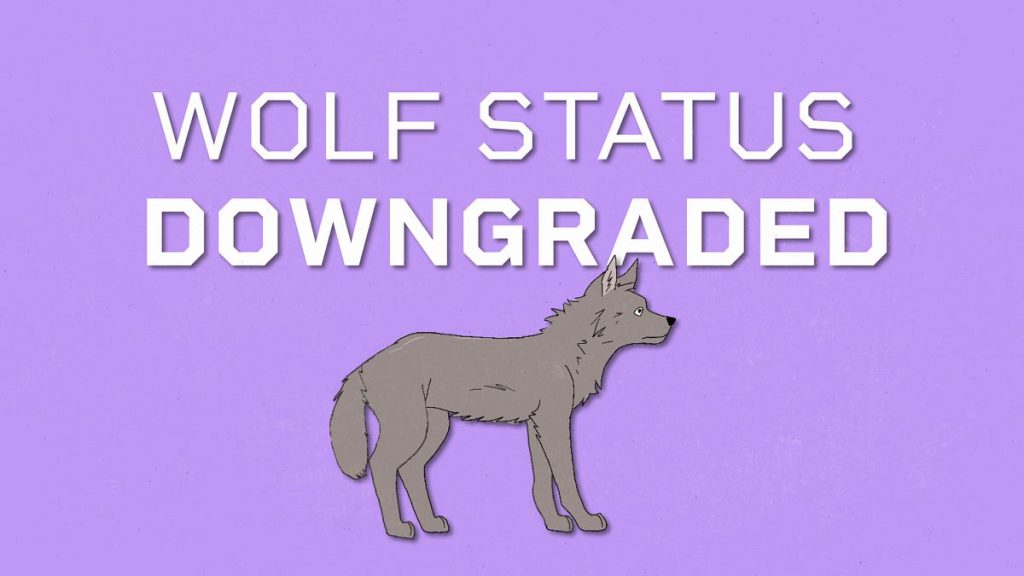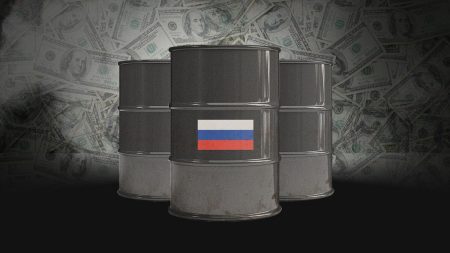The European Union’s decision to downgrade the protected status of wolves has ignited a heated debate, pitting farmers and hunters against conservationists and animal rights activists. The heart of the controversy lies in the remarkable resurgence of the wolf population, which had teetered on the brink of extinction a century ago. Thanks to stringent protection measures enacted under the Berne Convention and the EU Habitats Directive, wolf numbers have rebounded dramatically, reaching over 20,000 in recent years. This resurgence, while celebrated by conservationists, has sparked concerns among farmers, particularly in countries with significant wolf populations like Italy, Bulgaria, Romania, and Spain, who contend with livestock predation.
The push to revise the wolf’s protected status gained momentum in 2022 when the European Parliament, influenced by agricultural lobbies and hunting interests, called for a downgrade from “strictly protected” to “protected.” This change effectively permits controlled hunting of wolves, a measure proponents argue is necessary to manage their growing numbers and mitigate livestock losses. The European Commission subsequently endorsed this proposal, which was ultimately approved by European governments, paving the way for amending the EU Habitats Directive. Conservationists, however, express grave concerns that this decision, driven more by political considerations than scientific evidence, could reverse the hard-won progress in wolf conservation and lead to overhunting, jeopardizing the species’ recovery across Europe.
The core argument presented by proponents of the status change revolves around the documented instances of wolf predation on livestock. EU data reveals that wolves kill approximately 65,500 head of livestock annually, predominantly sheep and goats. While this number seems significant, it represents a tiny fraction, about 0.065%, of the total sheep population across the EU. Conservationists argue that this relatively low impact on livestock does not justify weakening the wolf’s protected status. They point to the crucial ecological role wolves play in maintaining healthy ecosystems and regulating prey populations. Furthermore, they criticize the decision-making process, highlighting the significant public opposition to downgrading the wolf’s protection as evidenced by surveys indicating 70% disapproval.
The political dimension of this controversy is undeniable. The center-right European People’s Party (EPP), the largest group in the European Parliament with strong ties to the agricultural sector, has championed the status change, arguing that the wolf’s recovery justifies the move. They portray it as a success story of the Habitats Directive, which has facilitated the wolf’s rebound from near extinction to a population exceeding 25,000. However, critics, including WWF’s Director of Biodiversity, Sabien Leemans, contend that the decision lacks scientific basis and echoes a similar proposal by Switzerland in 2022 to reduce wolf protection, a proposal that the EU itself had previously criticized as lacking scientific merit. This raises concerns that political expediency and pressure from agricultural interests have overridden scientific considerations and conservation principles.
Public opinion on the matter is divided, reflecting the complex interplay of perspectives on wildlife management and human-wildlife coexistence. While a majority express opposition to reducing wolf protection, emphasizing the wolf’s symbolic value and ecological importance, some acknowledge the need for population control to prevent overpopulation and mitigate conflicts with human activities. This divergence of opinions underscores the challenge of balancing conservation goals with the concerns of communities living alongside wolves. The Spanish government, for instance, displayed reluctance to alter the legislation, reflecting the varying levels of acceptance of wolf presence across different member states.
The question of human safety also enters the debate. While there have been no documented wolf attacks on humans in Europe for the past half-century, concerns about potential conflicts persist, particularly in areas where wolves and human activities overlap. The challenge lies in finding a sustainable path towards peaceful coexistence, where both humans and wolves can thrive. Whether the downgrading of the wolf’s protected status will contribute to this goal remains uncertain. Critics fear that it might exacerbate tensions and lead to increased persecution of wolves, while proponents argue that controlled hunting will allow for better management of wolf populations and minimize conflicts. The effectiveness of this approach, and its long-term impact on wolf conservation, will require careful monitoring and evaluation.










